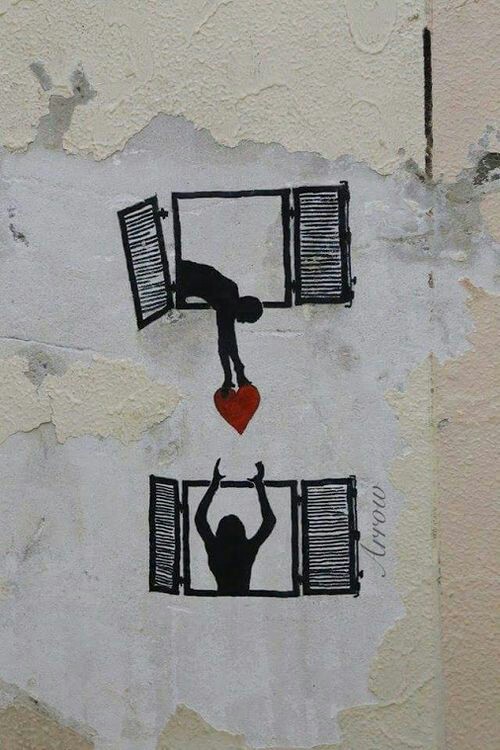Language/Limba
The COVID-19 pandemic context has taken its toll on people, forcing some to live in isolation. Consequently, this has triggered a series of economic, personal, emotional, and relational problems that people in isolation have to learn how to deal with. Within a month, everything has changed so rapidly, making some of us unable to adapt to the new normal as human interactions and the lifestyle took a different turn.
Psychologically, isolation is not easy, as we are all human beings who like to socialize. Thus, isolation comes with a series of phycological costs shown in many experimental and descriptive studies. A meta-analysis (an analysis of many studies) of 3,166 studies made by Brook et al (2020) about the psychological impact of quarantine and how it can be reduced, provides some scientifically-validated facts about what is important to understand during this period. The key is information, so it is necessary for people in isolation to understand the current situation. This is why effective and quick communication is important. The most adverse psychological effects are caused by the freedom restrictions while voluntary isolation causes less unwanted psychological effects and less complications on the long run. By knowing this, the public health officials should underline the altruistic choice of self-isolation.
The psychological effects of isolation
With no social role that we play in the majority of the weekdays, the identity crisis surfaces, making us to ask ourselves a series of questions such as: How important is our role in society? Are we enjoying what we do? Are we following our vocation? Do we find fulfillment in what we do? Had the decision we have taken over time been good? What have been the costs/benefits of those decisions?
We can talk about an existential/spiritual crisis as well which may give us more dilemmas: What is my role on Earth? Am I happy? Does my life have a meaning? What are my values? What am I living for? Am I a good man? Do I believe in Divinity?
The current context fosters introspection because the brain processes stimuli more efficiently and it is more focused towards self-analysis when its processes are mostly negative in nature.
While in isolation, we are facing the negative emotions and the emotional difficulties which we have avoided relatively easy due to fast rhythm of the century we live in. We are actually stopping the things we are working on, changing the focus from those things to us.
This change in focus is not always easy as it makes us get out of our comfort zone: old emotional wounds can resurface, difficult subject might need to be discussed with our significant other, conflicts between parents and children can arise, all of them being intensified by the anxiety that we feel due to the pandemic.
Hawryluk et al (2004) have shown that during the pandemic-driven isolations, people can start showing depressive symptoms, or, for those who already had them prior to the pandemic, they would increase.
To avoid during isolation
As the authorities recommend us, human interactions have to be limited, so that only the essential ones should be allowed: commuting to work, grocery shopping, and picking up prescriptions from the pharmacy.
Confined spaces and crowded places should be avoided, but in case human interaction is absolutely necessary, a 6-feet distance should be kept between people.
It is advisable not to expose to alarmist news 24-7 and not to engage in binge watching as it would inundate our mind with an avalanche of information without which we can certainly live, as anxiety and panic could cripple us. However, we can choose to look for information from credible sources, twice a day, so that we can use the rest of the time to create a sustainable routine to be used during the isolation period.
We have to limit, or totally eliminate, alcohol consumption, as its momentary calming effect is usually followed by an even greater anxiety.
What to do while in isolation
First of all, we are to abide by the requirements imposed by authorities, directly or indirectly transmitted though official statements because those have the purpose of analyzing the best preventive measures.
Then, we have to try to keep our daily routines as much as possible, waking up and going to bed at the same time as we would in a normal working day and changing from our pajama during the day. If we work from home, we could set up an at-home office to make our work more comfortable.
While in isolation, we should not only take care of our minds, but our bodies also, as the body needs to be kept in shape. While we cannot go to the gym during this time, we can certainly watch internet body training classes in which muscle stretching exercises are shown.
Having more time to spare, we can certainly keep ourselves busy by doing things that we enjoy such as giving more attention to our kids, reading books, watching movies and documentaries, praying or meditating, keeping a journal, learning or improving a foreign language or calling some of our old friends.
We should not underestimate the importance of our relationships during this period of time, starting with the people closest to us: our spouse, our kids, our parents, our relatives. As they are experiencing the same difficult times, we can make this journey more bearable if we encourage each other and strengthen our relationships. We can talk about each other’s feelings, reassuring each other of the other’s support during this difficult time for all. The possibility of hearing and seeing each other using media channels will make this period look easier and go by faster.
Several positive Psychology studies (the part of Psychology that deals with studying of the mechanisms that help us grow) show that writing five reasons which we are content for every day for at least two weeks would increase our subjective well-being.
During these days, although the focus is on preventing the spread of the virus, we should also focus on helping the community. There are already public on-going volunteering projects which we can sign on, showing our kindness, putting our skills to help others and the community, and gaining many benefits for our mental health. We can, for example, help people that are abused by their spouses and are isolated with them in the same home. In this situation, the dedicated phone lines are of a paramount importance. We should not forget about the homeless people, about the kids whose parents are still working overseas during these difficult times and are left under their relatives’ or somebody else’s care. Psychologically and most likely financially, they are experiencing difficult times, more difficult than the majority of us.
We can also invest in ourselves during these difficult times by engaging in personal-growth projects, so that at the end of these several weeks of isolation, we can reap the fruits of our personal-growth investment.
It is natural to ask ourselves questions and try to look for answers, to think about the economic and personal implications of this difficult, staying-at-home period, but we have to be self-compassionate as this is a new situation we haven’t dealt with before and we will not be in it indefinitely. As a matter of fact, this isolation at home comes with the opportunity to know ourselves better, to rediscover values, and strengthen things in our lives.
*Article also published in Ziarul Lumina.






